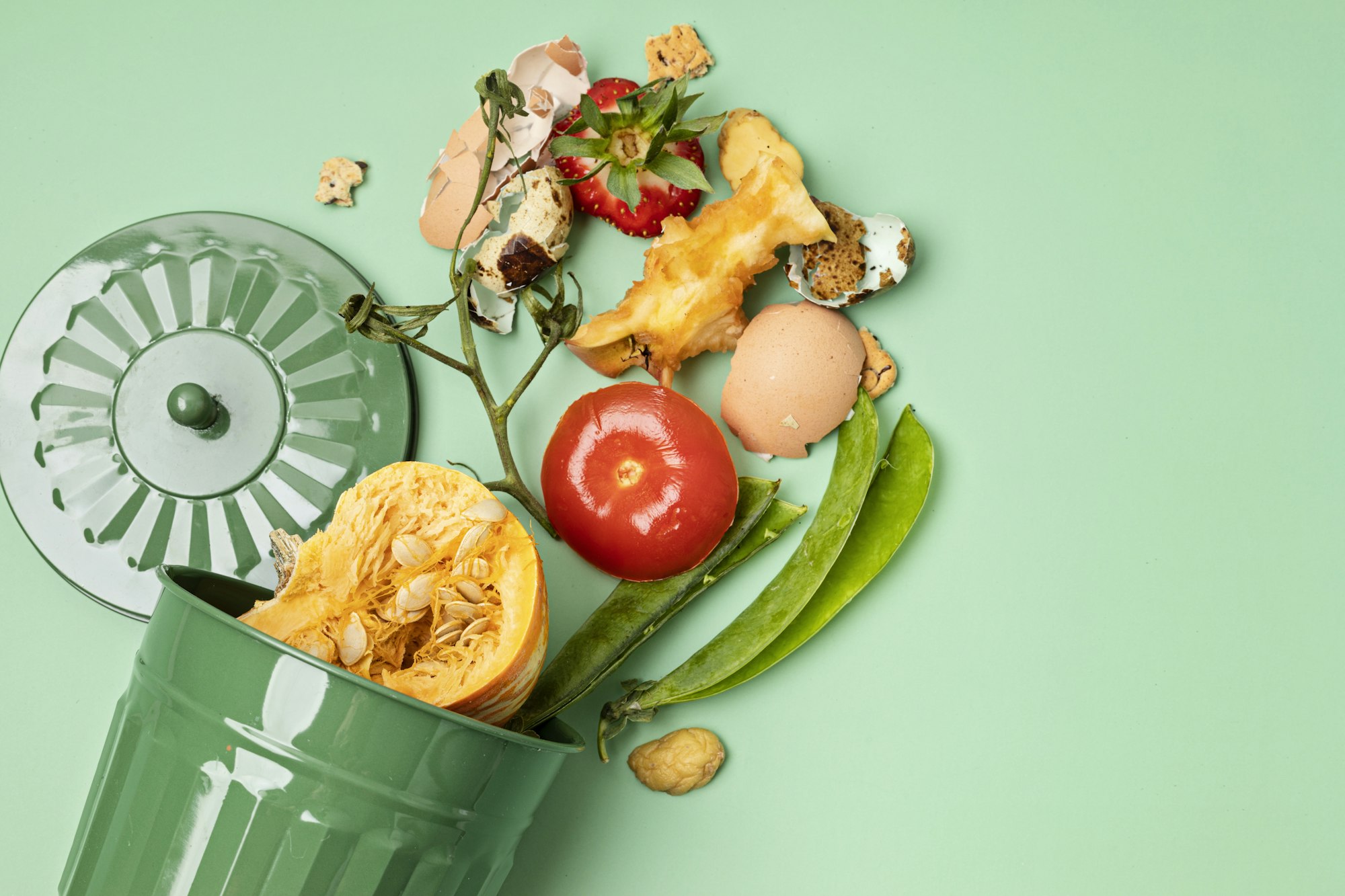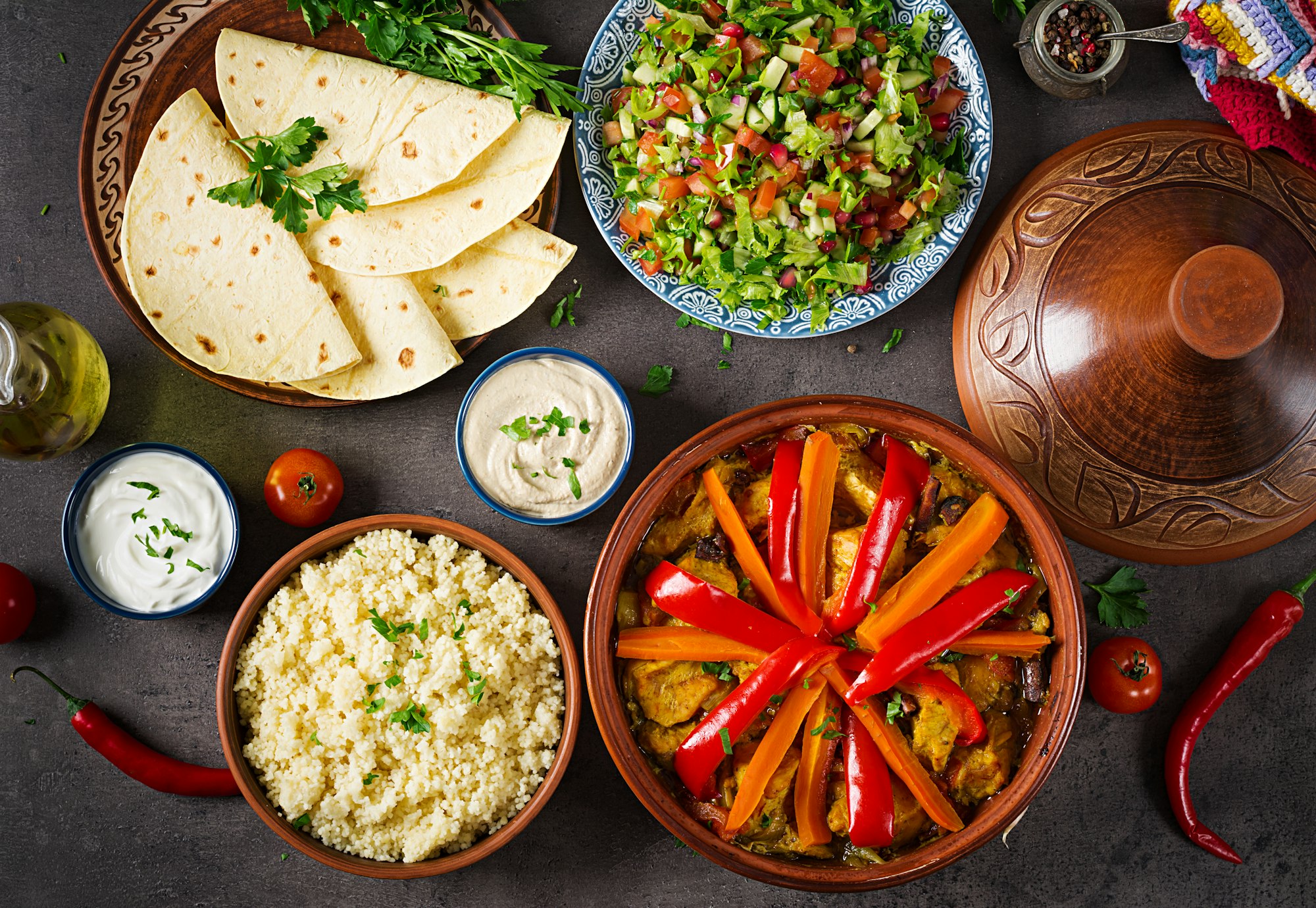The journey of food from farm to table is a complex and interconnected process that encompasses a multitude of stages, from cultivation and harvesting to processing, distribution, and consumption. In recent years, there has been a growing movement towards sustainable food production, driven by concerns about environmental sustainability, food security, and public health. In this guide, we’ll explore the journey of sustainable food production, highlighting the principles and practices that ensure the health of the planet, the well-being of communities, and the integrity of our food system.
1. Sustainable Agriculture: Cultivating Healthy Soils and Crops
At the heart of sustainable food production lies sustainable agriculture, which seeks to cultivate healthy soils and crops while minimizing environmental impact. Sustainable farming practices prioritize soil health, biodiversity, and water conservation, using techniques such as crop rotation, cover cropping, and organic farming to promote soil fertility and resilience. By minimizing the use of synthetic inputs such as pesticides and fertilizers, sustainable farmers reduce their environmental footprint and protect the health of ecosystems and communities.
2. Local and Regenerative Farming: Connecting Communities with Food
Local and regenerative farming practices play a key role in sustainable food production by connecting communities with locally grown, seasonal produce and supporting small-scale farmers and producers. By sourcing food locally, consumers reduce the carbon footprint associated with transportation and distribution, while supporting local economies and preserving agricultural land and heritage. Regenerative farming goes a step further, focusing on restoring ecosystem health and vitality through practices such as agroforestry, rotational grazing, and carbon sequestration, which enhance soil health, water retention, and biodiversity.
3. Fair Trade and Ethical Labor Practices: Empowering Farmers and Workers
Fair trade and ethical labor practices are essential components of sustainable food production, ensuring that farmers and workers receive fair wages, safe working conditions, and access to social and economic opportunities. Fair trade certification guarantees that farmers receive a fair price for their products, enabling them to invest in sustainable farming practices and improve their livelihoods. Ethical labor practices prohibit exploitation and discrimination in the workplace, promoting dignity, respect, and equality for all workers throughout the food supply chain.
4. Food Processing and Distribution: Minimizing Waste and Energy Consumption
The processing and distribution of food play a critical role in sustainable food production, as they determine the efficiency and environmental impact of the food system. Sustainable food processing facilities prioritize energy efficiency, waste reduction, and resource conservation, using renewable energy sources and efficient technologies to minimize energy consumption and greenhouse gas emissions. Sustainable distribution networks focus on reducing food miles, optimizing transportation routes, and minimizing packaging waste, while ensuring timely and efficient delivery of fresh, nutritious food to consumers.
5. Consumer Education and Empowerment: Making Informed Food Choices
Consumer education and empowerment are essential components of sustainable food production, as they empower individuals to make informed choices that support a healthy, sustainable food system. By educating consumers about the environmental, social, and health impacts of their food choices, sustainable food advocates inspire them to prioritize local, organic, and ethically produced foods that promote the health of people and the planet. Through initiatives such as community-supported agriculture (CSA) programs, farmers’ markets, and farm-to-school initiatives, consumers can connect directly with local farmers and producers, fostering a deeper appreciation for the journey of food from farm to table.
Conclusion
The journey of food from farm to table is a complex and interconnected process that encompasses a multitude of stages, each of which plays a critical role in ensuring the health and sustainability of our food system. By embracing principles and practices of sustainable agriculture, local and regenerative farming, fair trade and ethical labor practices, efficient food processing and distribution, and consumer education and empowerment, we can create a more resilient, equitable, and sustainable food system that nourishes both people and the planet. As we explore the journey of sustainable food production, we celebrate the interconnectedness of food, culture, and the environment, and the power of collective action to create positive change.










